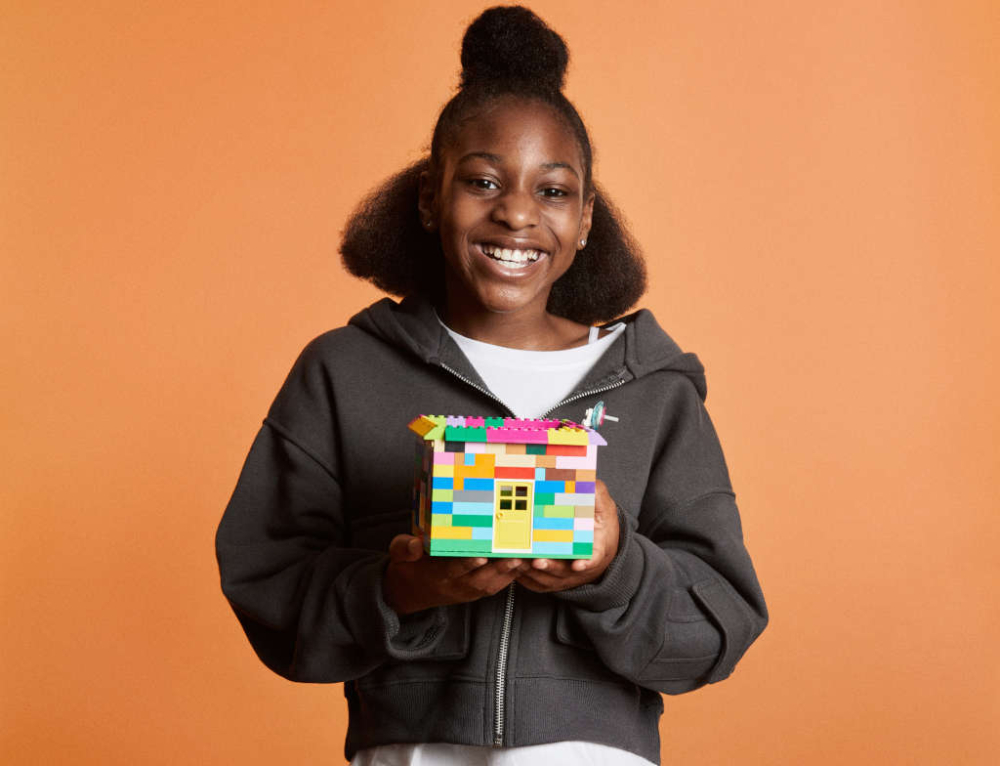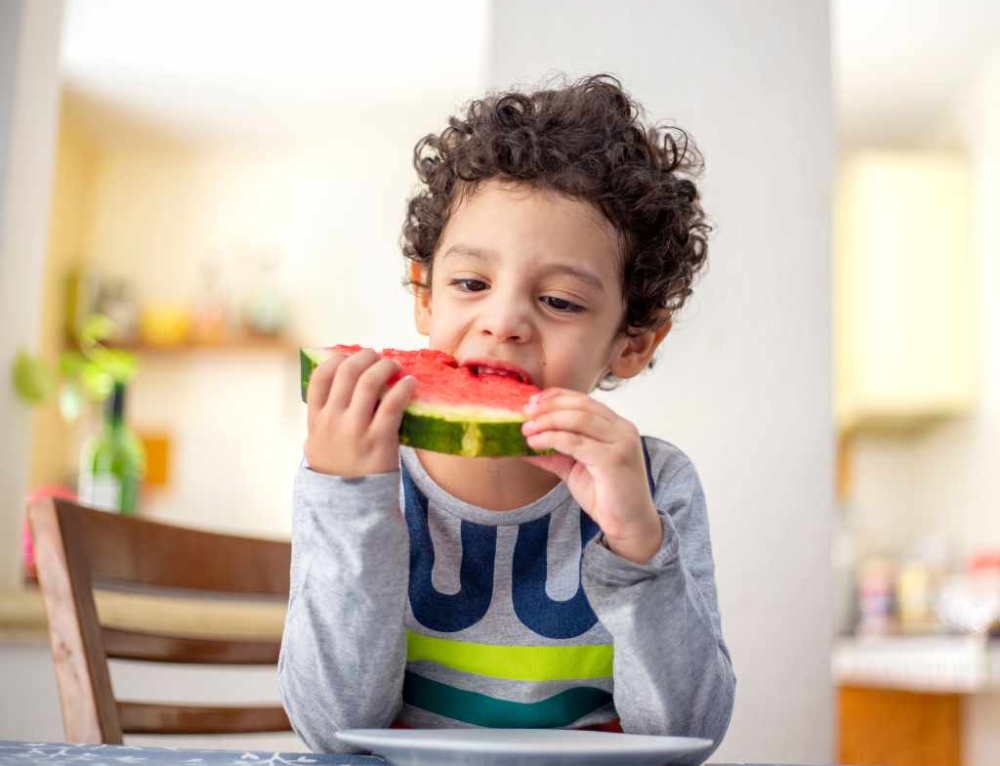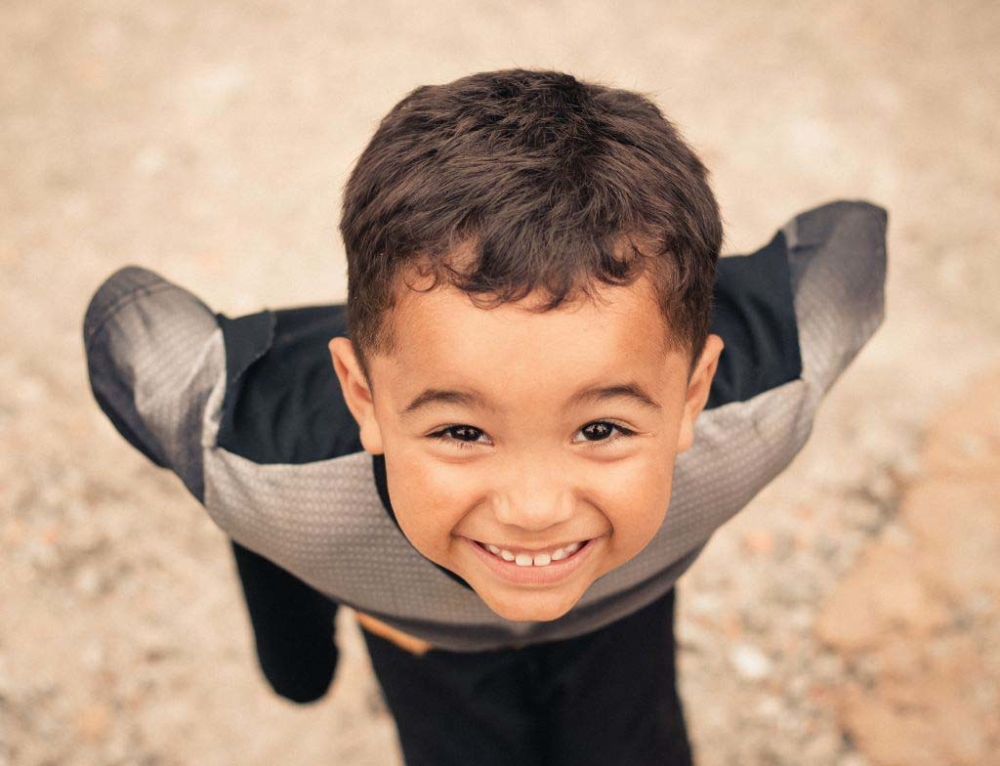Children are using the internet more than ever before, and while it can be a wonderful resource to research, communicate, and entertain, there are also risks associated with internet use, and these are changing all the time.
As children become more active online it’s highly likely that they’ll be exposed to something that they have difficulty processing.
We look at how you can be confident that your family are able to use the internet safely, and not be exposed to inappropriate content, online predators, and cyberbullying.
What are the online risks?
It’s not all doom and gloom – the internet can be an amazing place for the whole family. There’s an ever growing range of entertaining and educational programmes and clips, research information, the ability to connect with family and friends, make new friends, listen to and create music and videos, play games, and even explore their identity.
Used well, the internet is a fantastic resource but unfortunately the dynamic and largely unregulated nature of the internet means it’s easy for the fun to stop and be replaced with an upsetting, traumatic and even costly experience.
Inappropriate content is rife online and includes pornography, violence, promotion of self harm including eating disorders and suicide, discriminatory content including sexism and racism, explicit language, and even animal abuse. The internet is also host to predators who target vulnerable people to exploit for sexual, financial, or even violent reasons.
The content can be inadvertently accessed through the search function, in live streams, pop-up ads in games and apps, and in forums.
And particularly for children, some of the content can be confusing and upsetting, and even dangerous.
Tips for keeping your family safe online
For younger children, try to keep an eye on what they are doing online. Spend time together using the internet and teach them how to use it. Bookmark favourite websites so that they can go straight to them.
Talk with your children about the risks on the internet, explain what can go wrong and give them advice on what information they should never share including their full name, address, phone number, email address, and personal images. Explain that they cannot always believe what is on the internet and to treat everything with caution.
Give them ideas on how to deal with something that they find upsetting or unnerving. For example, they shouldn’t feel bad about blocking someone, immediately leaving a site, or not answering someone. Reassure them that if they are confused or uneasy about something that has happened either to them or someone they know, that they should tell you and that they won’t get in to trouble.
Just as you teach your children rules and manners about interacting in real life, your children also need to know how they should behave online. A good rule of thumb is that if they wouldn’t say it to someone face to face, then it’s not OK online either. Explain that hurtful words online hurt just as much as in real life and that it’s much easier for online words to be misinterpreted as they aren’t accompanied by facial expressions and tone.
Getting a helping hand
It’s impossible for you to monitor your family’s online activities all of the time. Your household will likely have access to multiple devices such as tablets, smartphones, laptops and desktop computers. Plus, no matter how careful we are, it seems the tricksters keep finding ways to keep one step ahead of us.
Given that 1 in 3 New Zealanders experienced cyber-crime during 2019, installing good security software is an option many families consider.
What are your top tips for keeping your family safe when online?
See more:
 Written by Robyn
Written by Robyn
Robyn creates content on Kidspot NZ. Her hobbies include buying cleaning products and wondering why things don’t then clean themselves, eating cheese scones with her friends, and taking her kids to appointments.
Favourite motto to live by: “This too will pass”







Leave A Comment
You must be logged in to post a comment.